Abstract
We analyzed 700 million words, phrases, and topic instances collected from the Facebook messages of 75,000 volunteers, who also took standard personality tests, and found striking variations in language with personality, gender, and age. In our open-vocabulary technique, the data itself drives a comprehensive exploration of language that distinguishes people, finding connections that are not captured with traditional closed-vocabulary word-category analyses. Our analyses shed new light on psychosocial processes yielding results that are face valid (e.g., subjects living in high elevations talk about the mountains), tie in with other research (e.g., neurotic people disproportionately use the phrase ‘sick of’ and the word ‘depressed’), suggest new hypotheses (e.g., an active life implies emotional stability), and give detailed insights (males use the possessive ‘my’ when mentioning their ‘wife’ or ‘girlfriend’ more often than females use ‘my’ with ‘husband’ or 'boyfriend’). To date, this represents the largest study, by an order of magnitude, of language and personality.



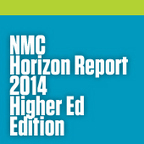


 Your new post is loading...
Your new post is loading...
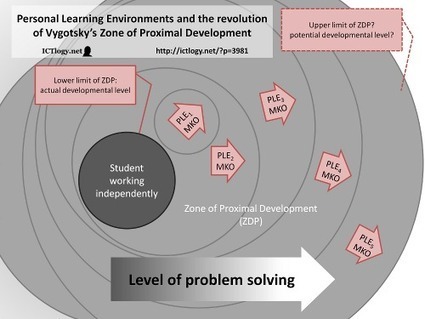


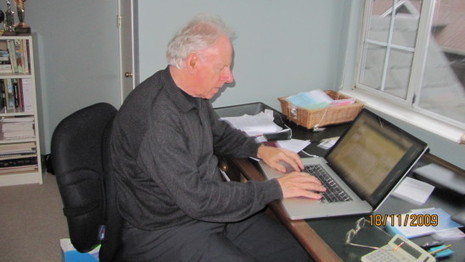
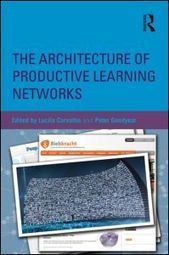
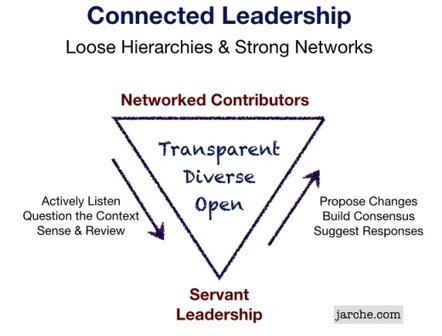
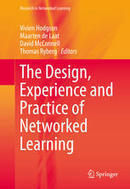

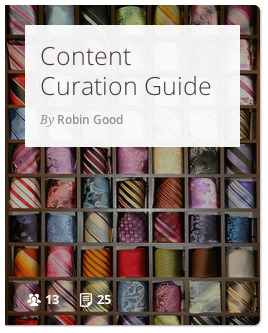



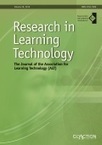
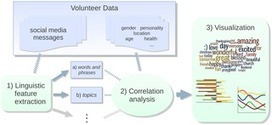



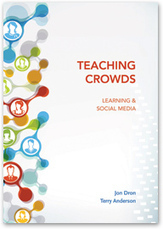


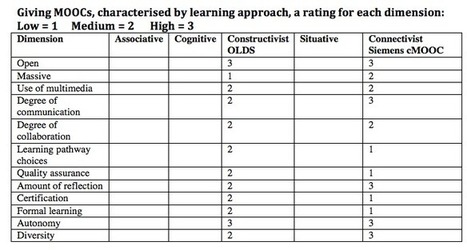


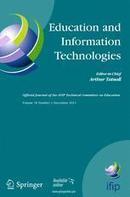

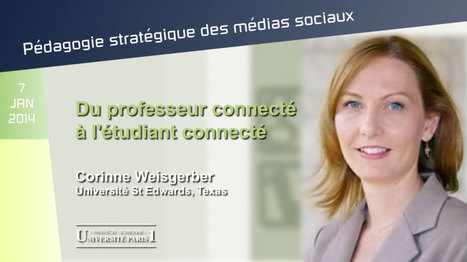

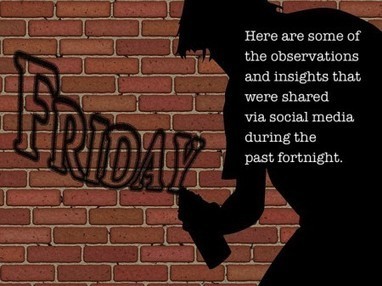







Trends accelerating Educational Technology in HE for short, medium and long terms described. Also challenges for Educational technology adoption in HE, urgent, difficult and wicked. Finally, developments in Educational Technology, adoption in one year, 2-3 years and 4-5 years are summed up.
For 2014 this means:
Accelerating trends: Online, hybrid, and collaborative learning and Social media use in learning;
Challenges: Low digital fluency of faculty and Relative lack of rewards for teaching
Developments: Flipped Classroom and Learning Analytics